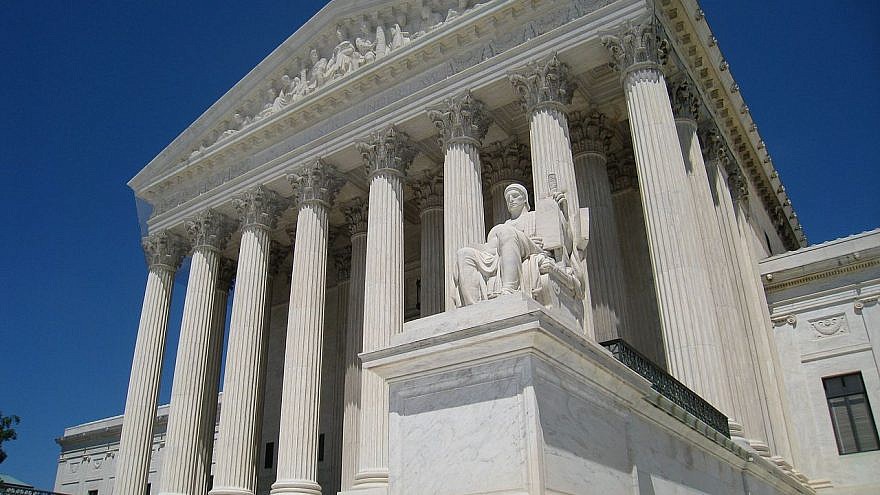An amicus curiae was filed last week on behalf of 10 Jewish organizations to support a brief asking the U.S. Supreme Court to overturn a 41-year-old precedent that drastically limited a provision of the 1964 Civil Rights Act not to jeopardize the job status of Sabbath-observant employees.
Written by prominent lawyer Nathan Lewin, and filed by the National Jewish Commission on Law and Public Affairs on behalf of the Orthodox Jewish organizations, Patterson v. Walgreen Co. seeks to overrule a 1977 case called Trans World Airlines, Inc v. Hardison, in which the Supreme Court decided that a “1972 amendment to the employment provisions of the Civil Rights Act required only minimum accommodation for an employee’s religious observance,” according to a statement from Lewin’s office.
“As a result of the 7-to-2 decision, Jewish and Christian Sabbath-observers have been unable over the past 40 years to enforce accommodation to Sabbath-observance and other religious practices that the law prescribes,” according to a statement from Lewin’s office.
Title VII of the Civil Rights Act requires employers to provide religious employees with “reasonable accommodations” so that they can practice their faith while maintaining their jobs.
The Jewish groups represented are Agudas Harabbonim of the United States and Canada, Agudath Israel of America, the Coalition for Jewish Values, the National Council of Young Israel, the Orthodox Jewish Chamber Of Commerce, the Rabbinical Alliance of America, the Rabbinical Council of America, Torah Umesorah and the Union of Orthodox Jewish Congregations of America.
“The entire Supreme Court, including Justices [Neil] Gorsuch and [Brett] Kavanaugh, who have expressed great support for religious liberty, should be ready to eradicate this terrible impediment to religious observance in private employment,” said Lewin.
He continued, “Since Justices [William] Brennan and [Thurgood] Marshall dissented in the Hardison case, the ‘liberal’ wing of the court should also agree that the time has come to give Sabbath-observers the full legal rights that Congress contemplated in 1972.”


























